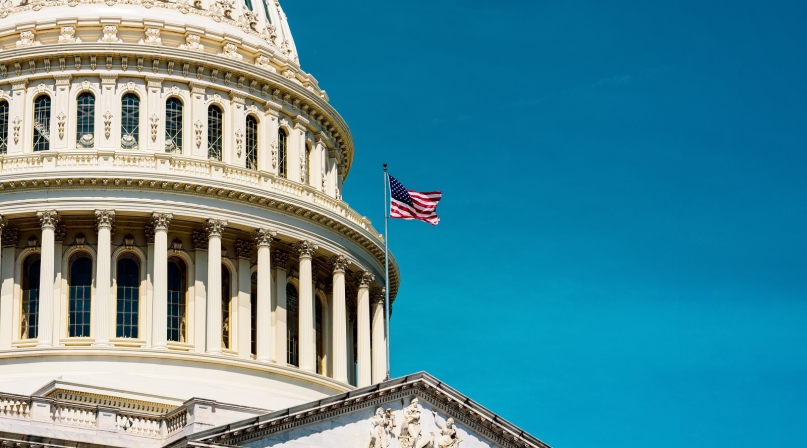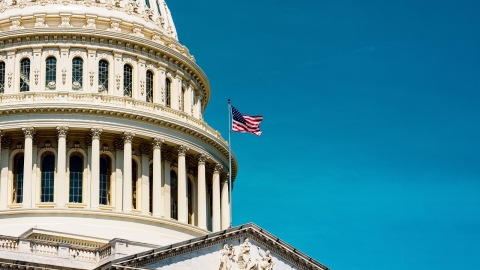NACo urges Congress to act on direct funding, CRF deadline extension
Upcoming Events
Related News

Key Takeaways
NACo is urging bipartisan agreement on a new round of direct flexible funding to local governments of all sizes in the next COVID-19 response package.
In a Dec. 2 letter to congressional leadership, NACo also highlighted the need for Congress to immediately pass legislation that would extend the Coronavirus Relief Fund (CRF) deadline.
The letter highlights the devastating fiscal impact of the pandemic on America’s counties, which could total a combined $202 billion through fiscal year 2021. These costs are compounded by the continued job loss in the local government sector. In October 2020, local governments experienced the largest decrease in employment — with non-education jobs ranging from law enforcement officers to health care practitioners, social workers, maintenance crews, construction workers and administrative support, remaining 354,000 below its February 2020 level. In total, local governments have lost 1.2 million jobs since the outset of the pandemic.
Learn More
Read NACo's Dec. 2 letter to congressional leadership
NACo has multiple customizable advocacy resources available
Deadline fuels CRF money uncertainty
Webinar: Coronavirus Relief Fund Updates: Spending Strategies Under Multiple Deadline Scenarios
Over the past several months, members in both chambers of Congress have introduced several proposals that would address the immediate needs of local governments, including counites, in pandemic response activities.
The HEROES Act (H.R. 6800), as passed by the U.S. House, would allocate $187.5 billion in direct, flexible relief to counties of all sizes based on population.
HEROES Act funding could be used both for tremendous public health expenditures and the catastrophic losses in county revenue, both of which are key county priorities in the next round of COVID-19 relief.
Most recently, on Dec. 1, a bipartisan, bicameral group of legislators unveiled its $908 billion coronavirus aid proposal, aiming to help break the gridlock on the latest COVID-19 negotiations. This framework contains broad objectives for a future relief bill but not any legislative text.
The “COVID-19 Emergency Relief Framework” contains many county priorities including increased food assistance and emergency funding for childcare, re-upping the Paycheck Protection Program, reviving unemployment benefits and providing $160 billion in aid to state and local governments.
The framework also includes an extension of the Coronavirus Relief Fund (CRF) Dec. 30, 2020 deadline, and new funding for vaccine development, distribution, testing and tracing and the U.S. Postal Service.
As Congress considers next steps on these proposals, NACo urges county leaders to contact their U.S. Senators and U.S. Representatives to support direct and flexible funding for counties of all sizes.

Attachments
Related News

U.S. House passes final minibus funding package
Congress introduced the final FY 2026 Appropriations package, including key county priorities related to transportation, housing, health, emergency management and public safety

U.S. Congress passes minibus funding package
U.S. House and Senate appropriators passed a “minibus” appropriations package containing Fiscal Year (FY) 2025 Interior-Environment, Commerce-Justice-Science and Energy-Water spending bills.
